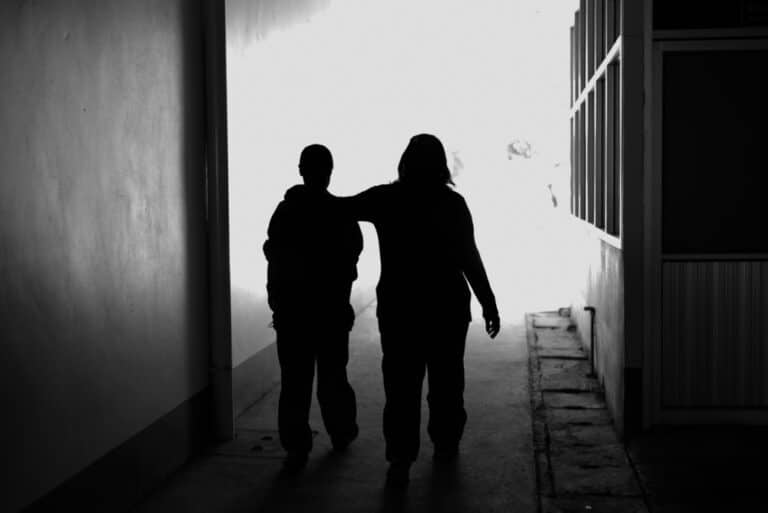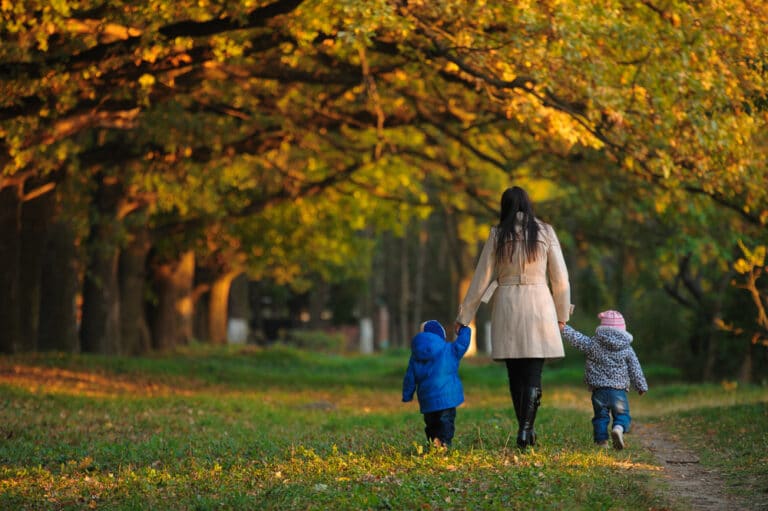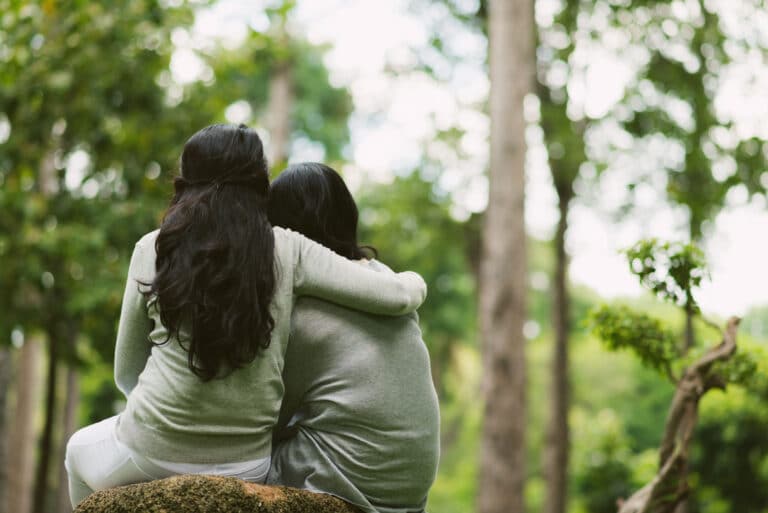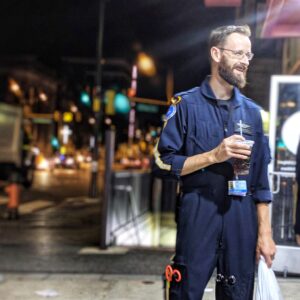She was a devoted mother of two boys with her husband of 26 years. With him, she owned a metallurgy company, ran a household, and in her spare time, produced tons of crafts by hand, most of which she sold. When her younger son was diagnosed with autism, she read everything she could find on the subject, volunteered, advocated for the autism community, and developed programs for autistic children. She spoke at the National Autism Conference and was co-authoring a book to help parents navigate an autism diagnosis.
We marveled at her energy and enthusiasm. She was at every family gathering, talking louder and faster than anyone else, her laughter punctuating every sentence.
But on a dreary, drizzly Oregon morning in February of 2013, my niece took her own life. The most poised, accomplished, witty person I knew was gone. It has never made sense to any of us.
In the aftermath of her death, and now 10 years later, I wish I had been a comfort to her husband, her sons, and my brother. Instead, I became immersed in an all-pervasive sadness interrupted only by bouts of rage. I watched helplessly as my family, one by one, slowly fell beneath a shroud of never-ending suffocating blackness.
RELATED: New Mom Takes Her Own Life After Silent Battle With Postpartum Depression: Why All Of Us Must Share Her Friend’s Plea
I learned that out of a fear of making things worse or a desire to insulate themselves from tragedy, people stay away. They mean to call but don’t. They can’t know that the family is suffering an unimaginable depth and breadth of isolating agony. Isolating because survivors feel alone in grief that is as individual as a fingerprint. We each grieve differently, and our path is unique and unpredictable. Grievers often feel lonely and abandoned even in the midst of friends.
Here are three things you can do to support the grievers:
Be there. At the first convenient opportunity, let the family know you are there. That your door is always open. If you were comfortable with the family before the death, you may feel awkward now, but this is normal.
Keep being there. Most friends and even family will move on in the months after, but the grieving family does not. They may slowly pick up their lives and learn to cope, but they will never be the same. They have become part of a club whose membership is thrust on them, and they can never withdraw. It is a top-drawer friend who will call years later on the death anniversary or birthday and say, “I was thinking of you today.” You will have given them a priceless gift of love and acceptance, the offer to listen.
Be there for them still, and you will learn what they need. If they want to share about their loved one who has died, let them. It may be the only thing they can talk about or it may be the only thing they cannot talk about. You may be the only person brave enough to walk with them here. Focus on how the family is doing and how they feel. Being there means you’re willing to experience some of the depth of profound sadness and despair they feel.
RELATED: An Open Letter to the Family and Friends Who Just Lost a Loved One to Suicide
Friends are not therapists, but they are life savers, especially for those who don’t seek counseling. It is hard to know what to do. Being there for a grieving friend is like concocting a complicated meal without a recipe and serving it to a starving person, knowing that despite your best efforts, your nourishment may not be palatable.
They may be struggling with doubts about whether they did enough, if what they did was wrong, if they caused this. The sustenance you provide may be what carries your friend through the hardest times because it may be the only healing emotional food they get.
Applaud their efforts to pursue healthy coping, seek supportive friendships, and regain some happiness. Remind and encourage them that you know they can function again someday.
Being there requires a rare bravery, which is why friends are scarce when suicide happens. We can’t fix the hole in their heart. But we can pray that God will. We can pray with them. They will feel our love, and it is in that love that healing will take place.

If you liked this, you'll love our book, SO GOD MADE A MOTHER available now!
Order NowCheck out our new Keepsake Companion Journal that pairs with our So God Made a Mother book!
Order Now
















